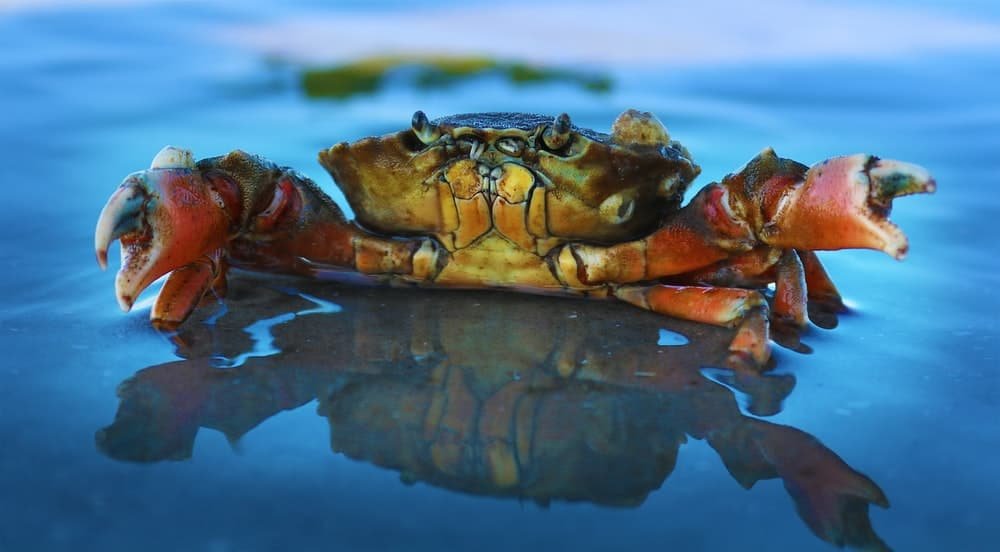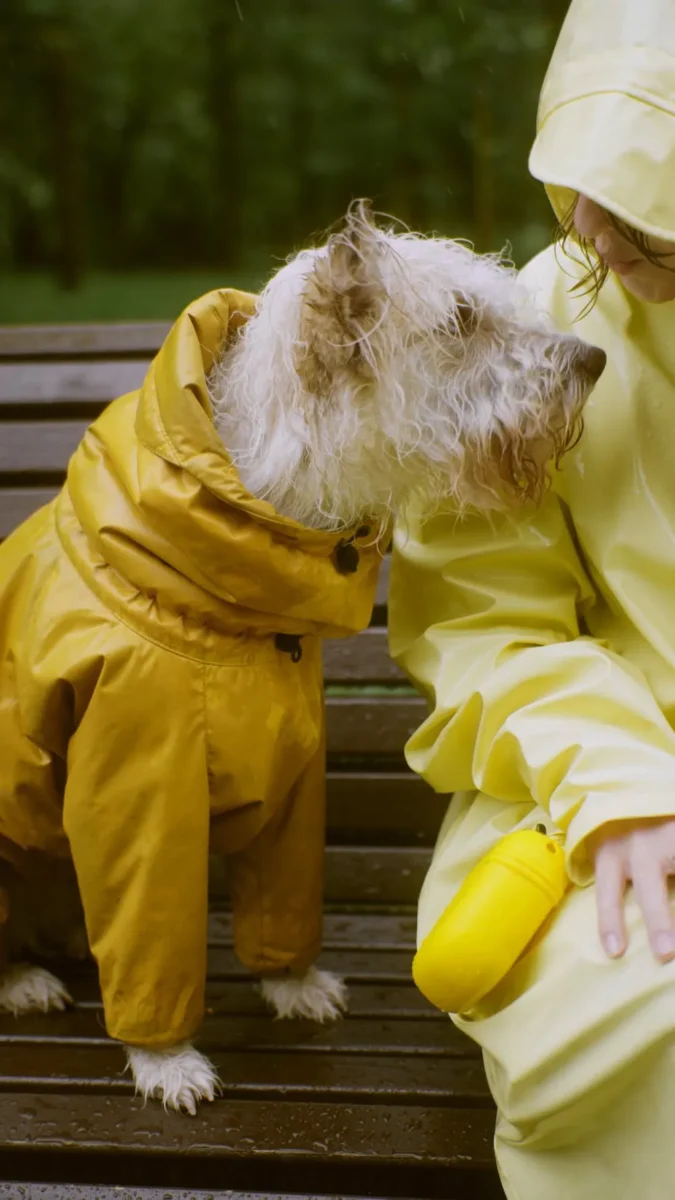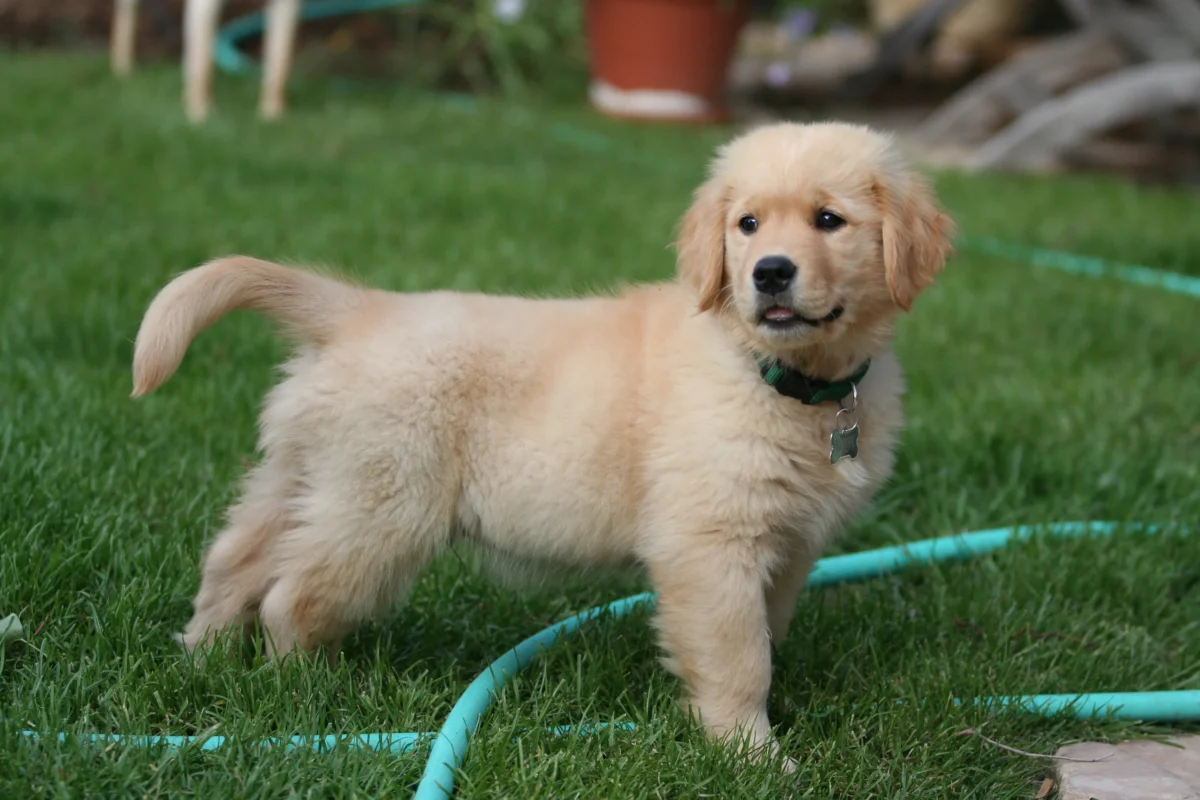Is it safe to give your dog imitation crab? The answer is maybe. While imitation crab is not toxic to dogs, it is not particularly nutritious either. In addition, many brands of imitation crab contain MSG, which can be harmful to dogs in large quantities.
For these reasons, it is best to give your dog imitation crab only in moderation. If you do choose to give your dog imitation crab, be sure to watch for any signs of digestive distress, such as vomiting or diarrhea. If your dog does experience any adverse reactions after eating imitation crab, contact your veterinarian immediately.
What Is Imitation Crab
Imitation crab, also known as krab, is a kind of seafood that is made from surimi. Surimi is a Japanese word that refers to a minced fish paste that is shaped and flavored to resemble crab meat. It is typically made from Pollock or whitefish, although other types of fish can be used as well. The surimi is mixed with egg whites, salt, and starch before forming small pieces resembling crab legs. It is then cooked and breaded or coated with flavorings such as artificial crab flavor. Imitation crab is often used in salads and sushi rolls because it is cheaper than actual crab meat.
Let’s look at some of the ingredients found in imitation crab and discuss why they aren’t healthy for dogs.
Salt
Salt is an essential mineral for human and animal health. In small amounts, it helps to regulate fluid levels and support nerve function. However, too much salt can be dangerous, particularly for dogs. Dogs are more sensitive to salt than humans, and ingesting too much can lead to vomiting, diarrhea, trembling, and seizures.
In extreme cases, it can even cause death. Table salt is particularly dangerous for dogs because it is more concentrated than other types of salt. For this reason, it’s important to avoid giving your dog food that contains salt, such as chips or pretzels. Imitation crab is also a high-sodium food that should be avoided. By keeping salty snacks out of reach, you can help keep your dog safe and healthy.
Starch
Dogs love the taste of starch just as much as we do. However, unlike humans, dogs lack the ability to digest starch effectively. When dogs eat starch-rich foods, the undigested starch ferments in their intestines, leading to gas, bloating, and diarrhea. In severe cases, this can cause life-threatening intestinal damage. Starch is also a common ingredient in imitation crab meat, which can be toxic to dogs. If you’re looking for a safe and healthy treat for your dog, stick to meat-based snacks or specially formulated dog treats.
Artificial Food Flavors
While many people enjoy the taste of artificial flavors in their food, these flavors can be bad for dogs. One common type of artificial flavor, imitation crab, is made with a chemical called ethoxyquin. This chemical has been linked to liver damage and cancer in dogs. In addition, artificial flavors often contain sugar and other unhealthy ingredients. As a result, feeding your dog food with artificial flavors can cause weight gain, diabetes, and other health problems. It’s important to read labels carefully and avoid feeding your dog food with artificial flavors. Your dog will thank you for it!
Sugar and Sorbitol
Sugar and sorbitol are both types of carbohydrates. Carbohydrates are an important source of energy for dogs, but too much sugar can lead to weight gain and other health problems. When sugar is digested, it is broken down into glucose, which is then absorbed into the bloodstream. If there is more sugar than the body can use, the excess glucose is stored as fat.
In addition, high levels of sugar in the blood can damage organs and lead to diabetes. Sorbitol is a sugar alcohol that is often used as a sweetener in processed foods. Like other sugar alcohols, it can cause stomach upset and diarrhea in dogs. For these reasons, it’s best to avoid feeding your dog foods that contain high levels of sugar or sorbitol.
Imitation crab is one such food; although it may be tempting to share this delicious treat with your furry friend, it’s important to remember that imitation crab is made with seafood, which can be harmful to dogs.
Food Colors
Food colors are bad for dogs because they can cause an upset stomach and diarrhea. Also, some food colors contain heavy metals that can be toxic to dogs. Food colorings are often used in processed foods, such as imitation crab, to make them look more appealing to humans. However, these same chemicals can be harmful to dogs. If your dog ingests food coloring, it is important to watch for signs of illness and contact your veterinarian if your dog appears to be sick.
Carrageenan
Carrageenan is a type of sugar derived from red seaweed. It’s commonly used as a food additive to thicken, emulsify, and stabilize processed foods. While it’s considered safe for humans, carrageenan has been linked to gastrointestinal inflammation and cancer in laboratory animals.
For this reason, many pet parents choose to avoid giving their dogs foods that contain carrageenan. Some imitation crab meat products use carrageenan as a binding agent. As a result, these products may not be the best choice for dogs with sensitivities or allergies.

« The Ultimate Guide to Potty Training Your Golden Retriever Puppy
Do Golden Retrievers Bite? »
In addition, carrageenan-free products are generally considered to be more healthful for dogs. If you’re concerned about your dog’s health, opt for imitation crab meat products that do not contain this controversial ingredient.
The Final Word
While a few bites of imitation crab aren’t bad for dogs, consuming them in large quantities can be dangerous, and in some cases, fatal for your dog. A few bites here and there won’t harm your four-legged furry friend, but make sure they aren’t eating it on a regular basis.
If your dog consumes a large proportion of imitation crab, rush them to the vet’s right away. If you must treat your dog, opt for the things that are homemade and have natural ingredients in them.






